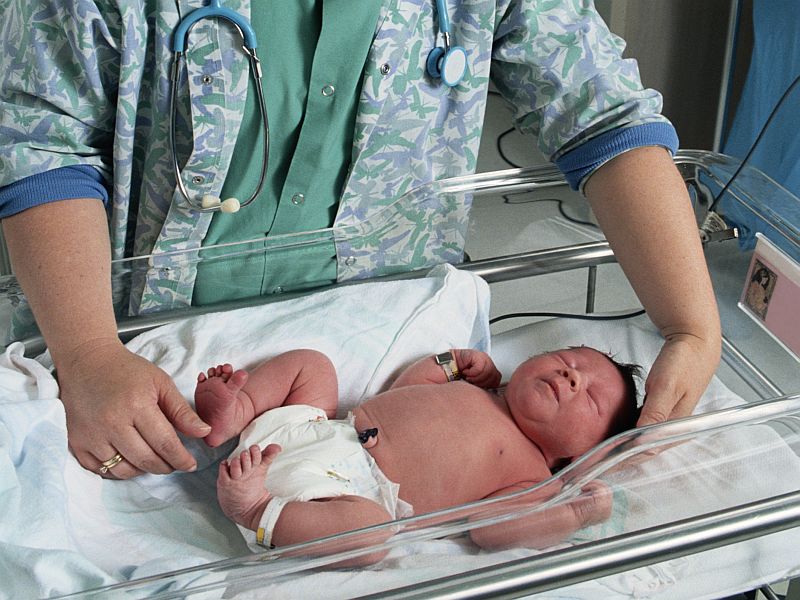Infant Pain Heightened After Opioid Exposure in Womb

THURSDAY, May 23, 2019 (HealthDay News) -- Newborns who were exposed to opioids in the womb have stronger-than-normal reactions to pain and may require special care sooner than previously thought, researchers report.
Opioids include prescription pain medications and illegal drugs such as heroin.
The study included 22 newborns who were exposed to opioids in the womb and 15 who were not exposed. To measure their reaction to pain, they were videoed while undergoing a heel stick, a standard procedure most newborn babies undergo to obtain blood for screening tests.
The newborns also underwent a skin conductance test, which measures the electrical differences in skin in response to pain or stress.
As soon as 24 to 48 hours after birth, newborns exposed to opioids in the womb had higher skin conductance and reacted more strongly to pain during and after the heel stick procedures, and they remained stressed after the procedure was over and they were swaddled and tucked in.
"These babies are responding to pain differently than babies who were not exposed, so maybe we should be paying attention to pain management earlier," said study author Dr. Christiana Oji-Mmuo, an assistant professor of pediatrics at Penn State.
"If we have to do a painful procedure like a heel lance, we may have to provide extra comforting measures, both during the procedure and after if they continue to be stressed," Oji-Mmuo added in a university news release.
The study was published recently in the Journal of Maternal-Fetal & Neonatal Medicine.
Opioids block the release of norepinephrine, which is released in the body in response to stress. When a baby is exposed to opioids in the womb is born and is no longer exposed to opioids, the baby has a spike in norepinephrine and other chemicals and hormones in the body, the researchers explained.
That can cause symptoms such as irritability, eating poorly, sweating, fever and seizures.
Between 55% and 94% of babies born to mothers who use opioids during pregnancy develop what's called neonatal abstinence syndrome (NAS). There are guidelines for screening babies at risk for NAS, but there is a need for better tools to help predict NAS and its severity earlier in newborns, according to Oji-Mmuo.
"To best take care of these babies, it's important that we recognize babies who are going through withdrawal very early," Oji-Mmuo said.
More information
The Mayo Clinic has more on opioid use during pregnancy.

The news stories provided in Health News and our Health-E News Newsletter are a service of the nationally syndicated HealthDay® news and information company. Stories refer to national trends and breaking health news, and are not necessarily indicative of or always supported by our facility and providers. This information is provided for informational and educational purposes only, and is not intended to be a substitute for medical advice, diagnosis, or treatment.

